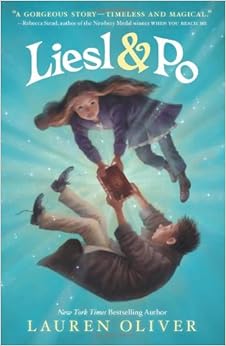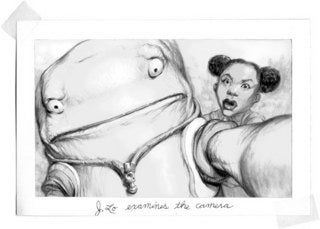For this blog post, I will go over a column that I read, called "Something to Remember for Thanksgiving," written by Mary Schmich. This particular column, out of a few others that I read, had the most lasting impact on me. The lesson it taught, I felt, was one that was extremely important to remember, one that is extremely important to be taught.
The writer, in creating this column, wanted to convey the feeling of giving, even when you think you don't have anything, and for being grateful for the little things that you have been given, no matter how small and insignificant it may seem. towards the end of her column, after her story had been told and at the part that is supposed to leave the most lasting impact upon the reader, Schmich said, "the vision of my father giving me money that was hard to spare has come back to me." In the words she chose to make up that sentence, Schmich helped convey her main theme. The money was hard to spare, yet her father was giving it to her so she could get the Nutty Buddy that she wanted.
The author wants the image of her father to stick with the reader. She said that his face was "as sad as [she] ever saw" it. She emphasized the point in which he "fish[ed] in his pants pocket" to find change, and his words of wisdom to her about poverty. Afterwards, she states that those words still stuck with her, further emphasizing her father, and what he said to her.
This column is intended to make the reader think about what begin poor truly means. It is to make the reader ponder exactly what they have given, and what they have received. The column's purpose was to establish a connection between the reader and Thankgiving, to help them appreciate everything that life has to offer to them, and what they have to offer to life in thanks. And that perhaps we may not feel as if we've given or received enough. This can be seen at the end of the fifth paragraph, when Schmich stated that at the time she felt like she "deserved a Nutty Buddy. [She] would demand a Nutty Buddy."
All throughout the piece, effective syntax and diction is used. Whether describing the authors confusion at the money that her father gave her, or highlighting the beginning of her story. But, the one that I felt was the most effective was her choose to put the theme at the end of the column, separated from everything else. That line, I feel, was one the most powerful lines in the piece, stating that "there's always enough to give some away, and no matter how little you think you've gotten, you may understand later that it was huge." Not only did Schmich utilize effective diction to leave the reader thinking about the point she was trying to make, she also managed to put it in the place in which the readers attention would be drawn towards it.
In today's society especially, where the world is filled with people that certainly do not have enough, this article is especially important. Even though the world definitely filled with people that attempt to give to those that need it - even when they themselves do not have much - but society still needs to be reminded of it. There are millions of homeless, some that are willing to help those who need it, some who would rather attempt to take what they think they need. There are also millions that can give, but at points they don't. I believe that his article is attempting to remind us about the power of giving to those when they are in need, and receiving when it is us ourselves that need it.




